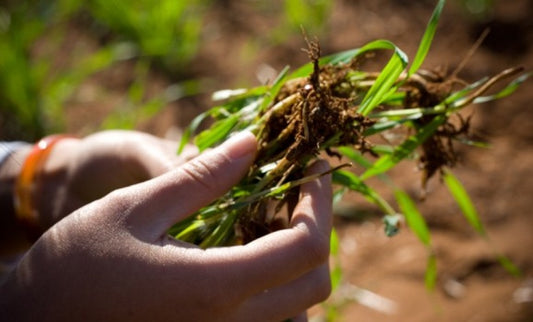Garden Cleaning
Clean plant debris from your flower and vegetable beds. Rake gently or use your hands to avoid breaking off growth that is just coming. Compost the plant material, unless it is diseased or has bugs in it.Prep Your Soil
Healthy soil is an important building block. If you did not get a soil test done in fall, now is a good time. Amend the soil according to the recommendations. Contact your County Extension office for details. Use these folks as a resource for all things agricultural! They are there to help you be successful. Get your compost piles in order. Keep three – one to add to, one that is seasoning, and one that you will use. Screen the oldest pile, and incorporate it into beds that are dry enough. Compost also makes excellent mulch. Start a new pile when the bin is emptyPlant seeds and starts
Plant cool weather vegetables and flowers. Use starts or seeds for lettuce, kale, chard, spinach, and broccoli. Buy starts of pansies and Johnny Jump Ups. Direct seed peas, beets, carrots, and sweet peas. They do not do well from starts. Start tomatoes, peppers, and eggplant indoors 6-8 weeks before your last frost. Plant outside when temperatures are 50º overnight.Perennial Plant Care
Plant perennial food crops that will come back year after year. Rhubarb, ramps, asparagus, strawberries, and Jerusalem artichokes are a few. Divide and replant (or share!) your perennials. Use a dung fork with flat tines to separate root balls. You don’t want to cut the roots with a shovel. Clean up the tops and replant in a suitable size hole with added compost. Water well after transplant, then mulch. Remove the mulch from your roses, and prune them before they leaf out. Prune out winter killed branches and diseased wood, and check for crown rot. Discard diseased plants. Here are details on spring rose care. If the lawn has dried out enough, rake up debris and thatch. Aerate areas that have been compacted. Fertilize if you did not do so in fall. Seed bare areas.Prep Your Tools
Make sure your irrigation supplies, tools, and equipment are cleaned, sharpened, and tuned up. They need to be ready to go when you are! Next month will be busy! Enjoy the spring! Bulbs will be coming, and there will be new growth on perennials and fruit trees. Watch the days get longer, and feel them get warmer. Savor this transitional month. A busy summer is on its way!Would you like to be the first to hear about our new products and more? Sign up for our Nature’s Path Newsletter.








